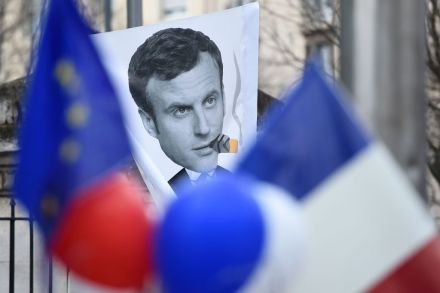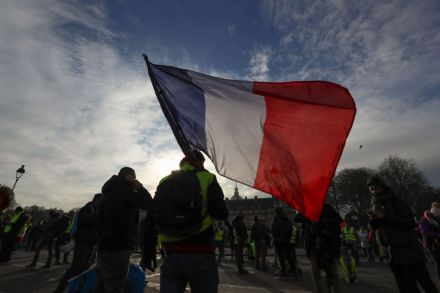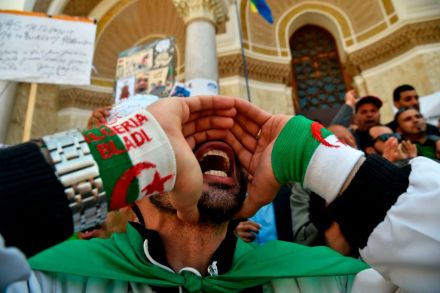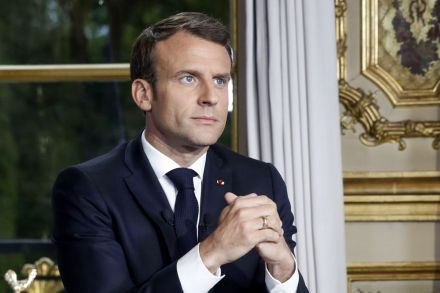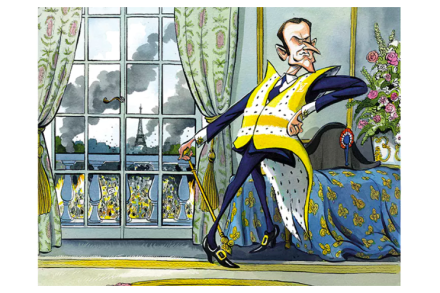Emmanuel Macron could be Boris Johnson’s Brexit saviour
One thing on which Remainers and Brexiteers can agree is that Brexit delayed is Brexit denied. The government continues to proclaim that the UK will leave the EU on 31 October with or without a deal. But No. 10 is acutely sensitive to the possibility of a parliamentary manoeuvre designed to compel the executive, through legislation, to seek a further extension of Article 50 to delay Brexit yet again. But Boris Johnson should keep calm about this prospect, for an unlikely saviour – the president of France, Emmanuel Macron – could come to his rescue. Whatever Brexit extension legislation Parliament might push through, any further extension of Article 50 requires unanimous
